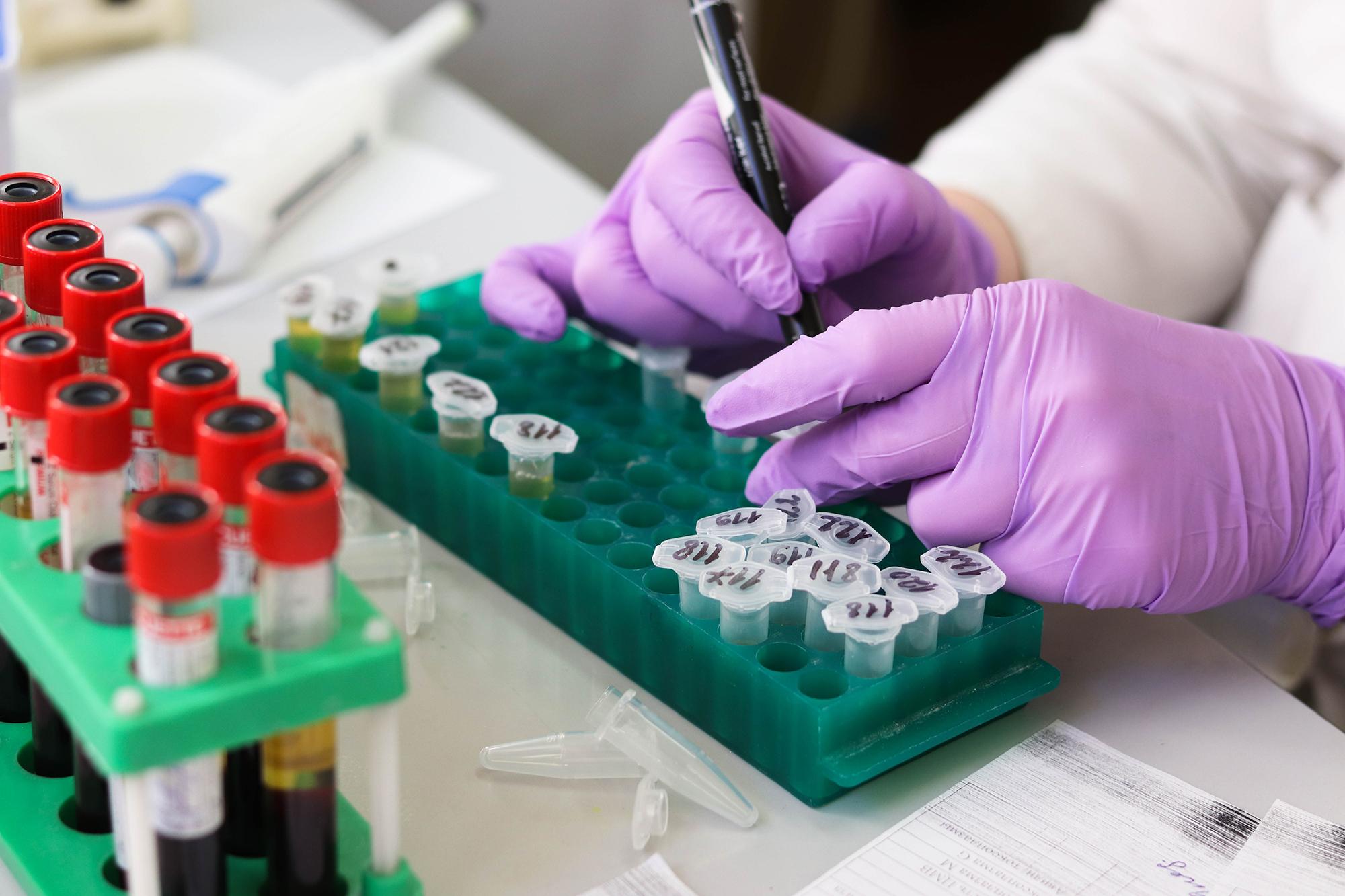- Discovery of biomarkers is becoming increasingly important in research and industry
- Presently there is no proven routine and thereby successful way to biomarker commercialization
- A set of tools to support the various phases of the commercialization process of new IVD (in vitro diagnostics) -applicable biomarkers will become available for free for everyone at the end of summer 2020
Discovery of biomarkers, which measure cellular, biochemical or molecular changes in human tissues, cells or fluids, is becoming increasingly important in research and industry, giving rise to new areas of diagnostic and treatment thereby improving human health. According to “Biomarkers Market – Global Forecast to 2021” the global biomarkers market expects to reach a market value of $53.3 Billion by 2021 of which healthcare and R&D expenditure are the key growth drivers.
The challenges for market uptake of these innovations, however, are significant, as the development and commercialization of biomarkers is time consuming, complicated and expensive. Presently there is no proven routine and thereby successful way to biomarker commercialization.
“Research institutions need guidance to select the most relevant biomarker discoveries and conduct a development plan that meets early requirements from relevant industry partners, such as pharmaceutical and diagnostic enterprises, SMEs, and investors” , stresses Tero Piispanen, senior executive at Turku Science Park Ltd., Finland.
These challenges have paved the way for the Biomarker Commercialization (BIC) project, an Interreg funded project, led by a consortium of 8 partners from the Baltic Sea Region. BIC project’s objective is to develop a set of tools to support the various phases of the commercialization process of new IVD (in vitro diagnostics) -applicable biomarkers, which assess the maturity level, emphasizing the industry and market expectations.
“The project is heading into its final phase and several commercialization tools are being finalized,” explains Valerie Daussin from The University Hospital of Aalborg in Denmark, project leader for the consortium. “The tools were tested through pilots by different stakeholders such as researchers, TTOs and SMEs. The inputs collected during the pilot phase are in the process of being integrated into the final tools, which will be available for free for everyone on project’s website at the end of summer 2020.”
“We believe that providing tools to support IVD-applicable biomarker development will enable a better and more efficient commercialization process, which means that BIC at the end of the day, will contribute to improve marketing and competitiveness of new biomarkers for the benefit of the patients and the health care staff at the hospitals,” continues Valerie.
The Biomarker Commercialization toolset focuses on in vitro diagnostics (IVD)-applicable biomarkers and includes BIC Best Practices Handbook, BIC Commercialization Guide including a self-evaluation tool, BIC Screening and Selection Guide for TTO’s, and BIC Regulatory Guide. The BIC Best Practices and Pitfalls Handbook collects some of the best practices and pitfalls encountered at different phases of IVD-applicable biomarker discovery and development, as well as good practices on patent protection and technology transfer at universities, hospitals and research organizations. The BIC Commercialization Guide, on the other hand, is a web-based tool that provides guidance throughout the biomarker development process and for active monitoring of the biomarker development progress. The guide includes both technical tasks as well as commercial and regulatory considerations for the researcher in each development phase. The BIC Screening and Selection Guide for TTO’s is a comprehensive checklist for selection of the most promising invention for further commercialization based on standard TTO’s criteria. The BIC regulatory Guide introduces researchers and entrepreneurs to basic understanding of the regulatory process for CE mark of IVD diagnostics, along with the development of the project toward a clinical product.
The BIC consortium is a transnational cooperation of 3 research and 5 cluster organizations in the Baltic Sea Region: Ideklinikken, Aalborg University Hospital and Biopeople (Denmark), BioCon Valley® GmbH (Germany), Wrocław Technology Park (Poland), Turku Science Park Ltd. and University of Turku (Finland), Tartu Biotechnology Park (Estonia) and Vilnius University (Lithuania). Aalborg University Hospital is the lead partner of the consortium.
The project’s budget is EUR 2.55 million and is co-financed by the European Regional Development Fund through the Interreg Baltic Sea Region Programme with EUR 1.96 million.
For more information on biomarker commercialization visit project’s website: biomarker.nu

